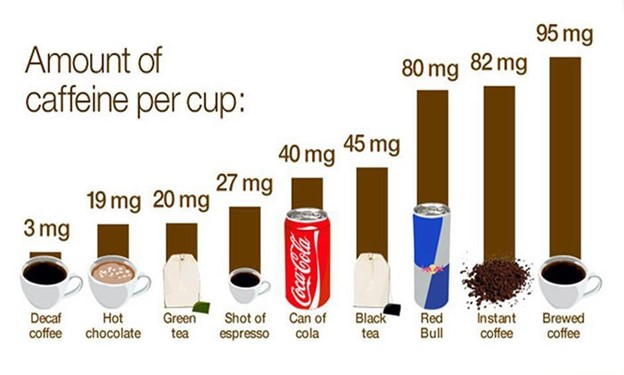A nurse is assisting with planning an in-service for staff members about active shooter protocols.
Which of the following information should the nurse recommend?
Turn cellular phones to silent mode.
Move wounded clients to a safe area before finding shelter.
Attempt to bargain with the shooter.
Wave hands to attract the attention of law enforcement.
The Correct Answer is A
Explanation
A. Turn cellular phones to silent mode
Staff members should be advised to silence their cellular phones during an active shooter situation. This helps maintain silence and prevents the ringing or vibrating of phones from potentially revealing the location of individuals hiding or seeking shelter.
Move wounded clients to a safe area before finding shelter in (option B) is not correct. In the event of an active shooter situation. The safety of both staff members and clients is paramount. If it can be done quickly and without putting oneself or others at significant risk, moving wounded clients to a safe area before finding shelter may be advisable. However, the primary focus should be on finding shelter and protecting oneself from harm.
Attempt to bargain with the shooter in (option C) is not correct. Engaging in negotiations or attempting to reason with an active shooter can be extremely dangerous and may escalate the situation. Staff members should be instructed to prioritize their own safety and follow established active shooter protocols, which often involve evacuating, hiding, or acting to incapacitate or disable the shooter as a last resort.
Wave hands to attract the attention of law enforcement in (option D) is not correct. Waving hands or making sudden movements that may be misconstrued as threatening can potentially result in harm or confusion when law enforcement or security personnel are responding to an active shooter situation. It is important to follow their instructions calmly and clearly, keeping hands visible and following their guidance to ensure everyone's safety.
In summary, the nurse should recommend turning cellular phones to silent mode, moving wounded clients to a safe area if possible, not attempting to bargain with the shooter, and avoiding actions that may be misinterpreted by law enforcement. These recommendations are aimed at prioritizing personal safety and following established protocols to minimize risks during an active shooter situation.
Nursing Test Bank
Naxlex Comprehensive Predictor Exams
Related Questions
Correct Answer is B
Explanation
Among the given options, 240 mL (8 oz) of hot cocoa typically contains the least amount of caffeine. While the exact caffeine content can vary depending on the brand and preparation method, hot cocoa is generally considered to have a lower caffeine content compared to brewed green tea, instant coffee, or cola soft drinks.
However, it's worth noting that hot cocoa may still contain a small amount of caffeine, although significantly less than the other options mentioned.

Correct Answer is ["A","B","C","D"]
Explanation
Provide the client with written information about advance directives: It is important for the nurse to educate the client about advance directives, their purpose, and how they can make informed decisions about their healthcare.
Instruct the client that an advance directive is a legal document and must be honored by care providers: The nurse should explain to the client that an advance directive is a legally binding document that guides healthcare decisions, and it must be respected and followed by healthcare providers.
Communicate advance directives status via the medical record and shift report: The nurse should ensure that the client's advance directives status is accurately documented in the medical record and communicated to other members of the healthcare team during shift handoffs. This helps ensure that the client's wishes are known and respected by all involved in their care.
Initiate a power of attorney for health care document: The nurse can assist the client in initiating a power of attorney for healthcare document if the client wishes to appoint someone as their healthcare proxy or agent. This document designates someone to make medical decisions on behalf of the client if they become unable to do so.
The other options listed are not appropriate or accurate in relation to the responsibilities of the nurse regarding advance directives:
Document that the provider discussed-do-not-resuscitate status with the client: While discussing do-not-resuscitate (DNR) status may be part of the advance care planning process, it is not directly related to advance directives as a whole.
Inform the client that an advance directive discontinues further care: This statement is incorrect and misleading. An advance directive does not automatically discontinue care but rather guides the provision of care according to the client's wishes.
Whether you are a student looking to ace your exams or a practicing nurse seeking to enhance your expertise , our nursing education contents will empower you with the confidence and competence to make a difference in the lives of patients and become a respected leader in the healthcare field.
Visit Naxlex, invest in your future and unlock endless possibilities with our unparalleled nursing education contents today
Report Wrong Answer on the Current Question
Do you disagree with the answer? If yes, what is your expected answer? Explain.
Kindly be descriptive with the issue you are facing.
